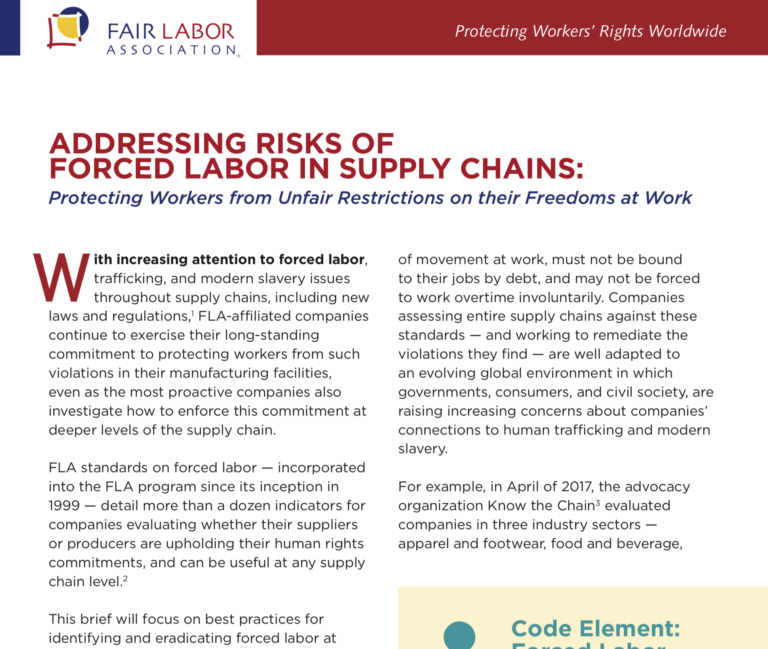Innovative approaches for the management of labor migration in Asia
Good PracticesThis report analyzes labor migration trends in Asia and puts them in the context of demographic and policy trends. It provides an overview of the population trends in different Asian countries and looks at policy settings in several sending and dest...Read More

